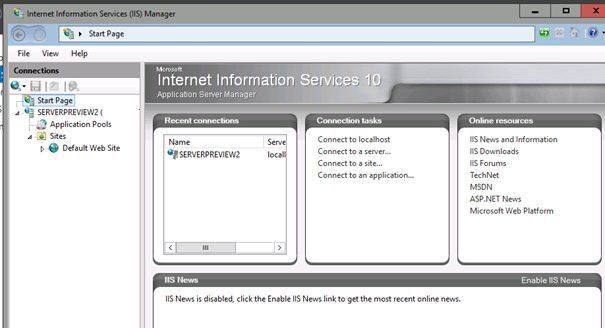..from Vista Help:
What is User Account Control?
User Account Control (UAC) is a feature in
Windows that can help prevent unauthorized changes to your computer. UAC does this by asking you for permission or an
administrator password before performing actions that could potentially affect your computer’s operation or that change settings that affect other users. When you see a UAC message, read it carefully, and then make sure the name of the action or program that’s about to start is one that you intended to start.
Basically, this is a new feature in Windows Vista which essentially prevents unauthorised use of administrative permissions on a Windows Vista computer.
Is this a good thing or a bad thing?
This really depends on your point of view. Debate about the usefulness has raged in recent months through various IT circles. A number of considerations have been made when trying to answer this question. These normally revolve around a typical end-user’s experience with the software.
"How do you prevent the average user from being taken advantage of without the introduction of something like UAC?"
If a user doesn’t like UAC, it can be disabled – however, I think in the majority of cases it will help safe guard less exprienced users even with a bit of confusion added to the mix.
True, I think UAC will lead to a little bit of confusion (initially), but you’ve got to ask yourself who are the most likely (the majority) victims of viruses, trojans, malware and spyware? I’d be inclined to say the average user (or the less technical audience). I’d also suggest that those people are the first to complain about being infected.
People have already been trained into clicking on "do this" buttons, if anything It’ll make people question why the screen changes shade and they get a messagebox – i.e "am I doing something which would cause this to happen?". If they don’t think they are, they click "do not allow" (safety first).
Lets face it, this isn’t much different from having Norton or an equivalent popping up messages warning about actions and potential ramifications – I’d say that the less technical person who relies on Norton-like protection is fairly well aquainted with this technique, or if they aren’t maybe they should be?
I think it’s important that people make an effort to understand what’s going on in their system, especially when it’s actions or tasks which they may not be aware of (spyware/malware).
Open for discussion, of course..
I’ll part with this question.. How best do you protect the average user from viruses and trojans – especially ‘home users’ who don’t benefit from the added protection of a domain or network administrator?
Add a comment..



